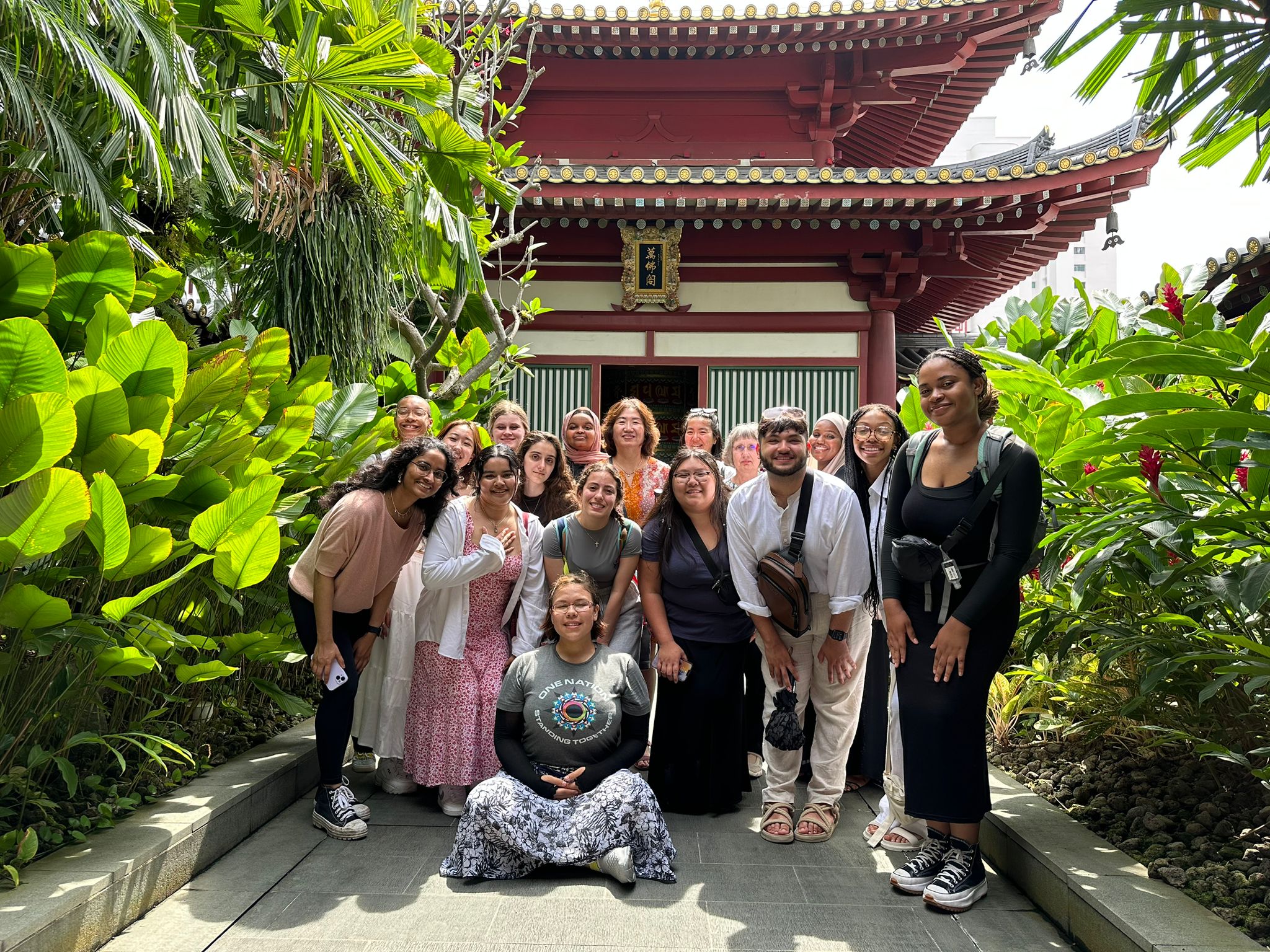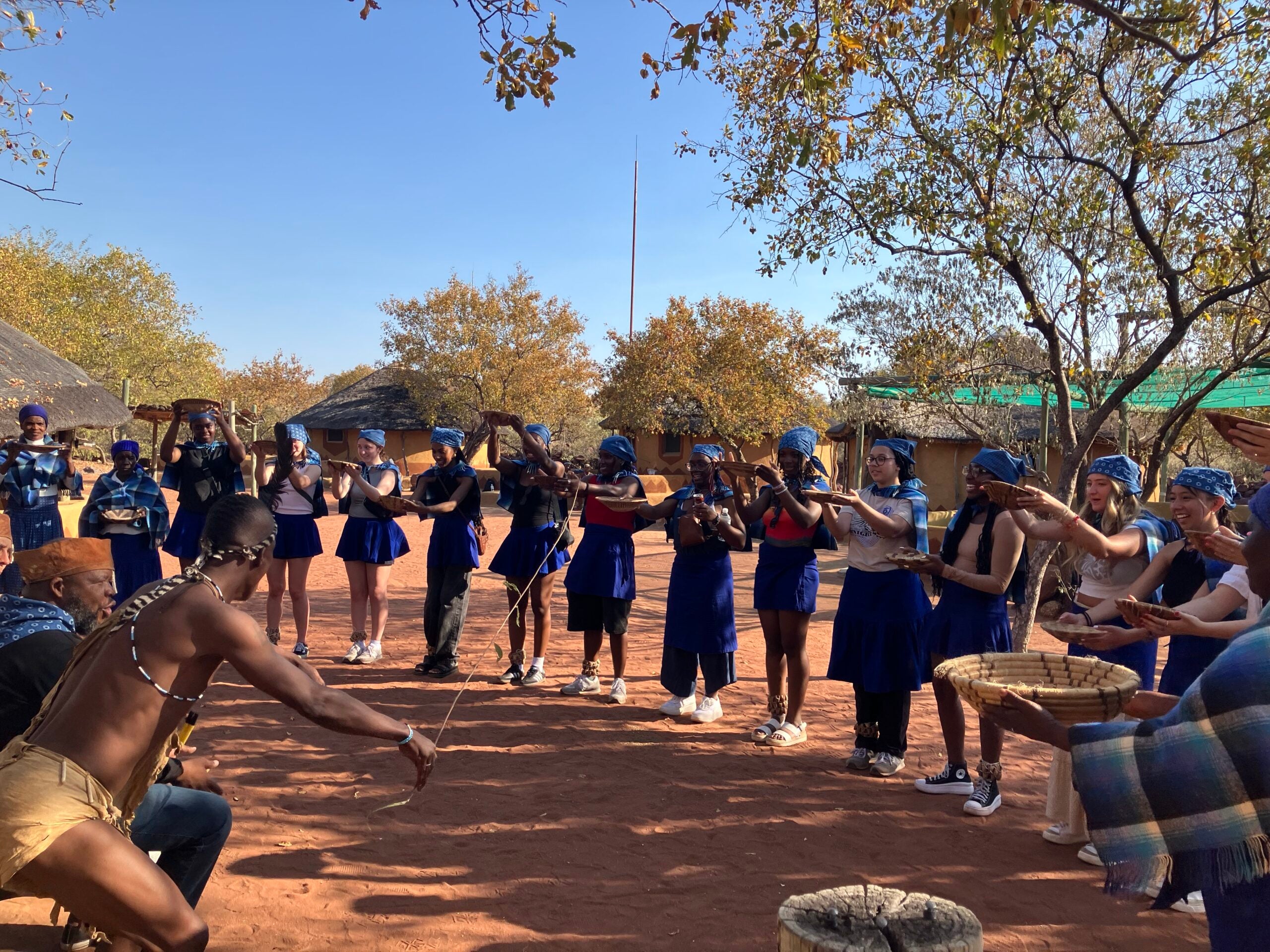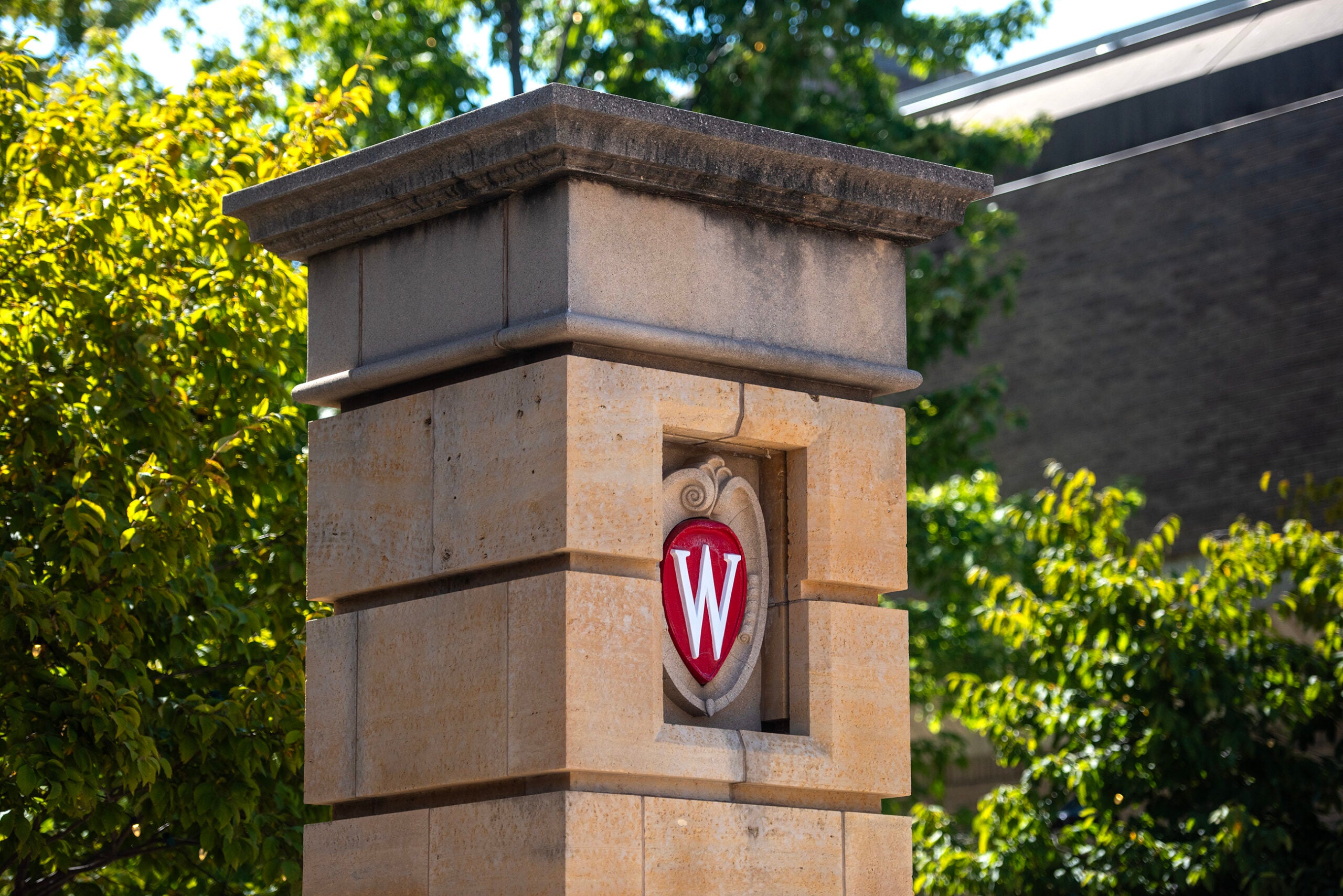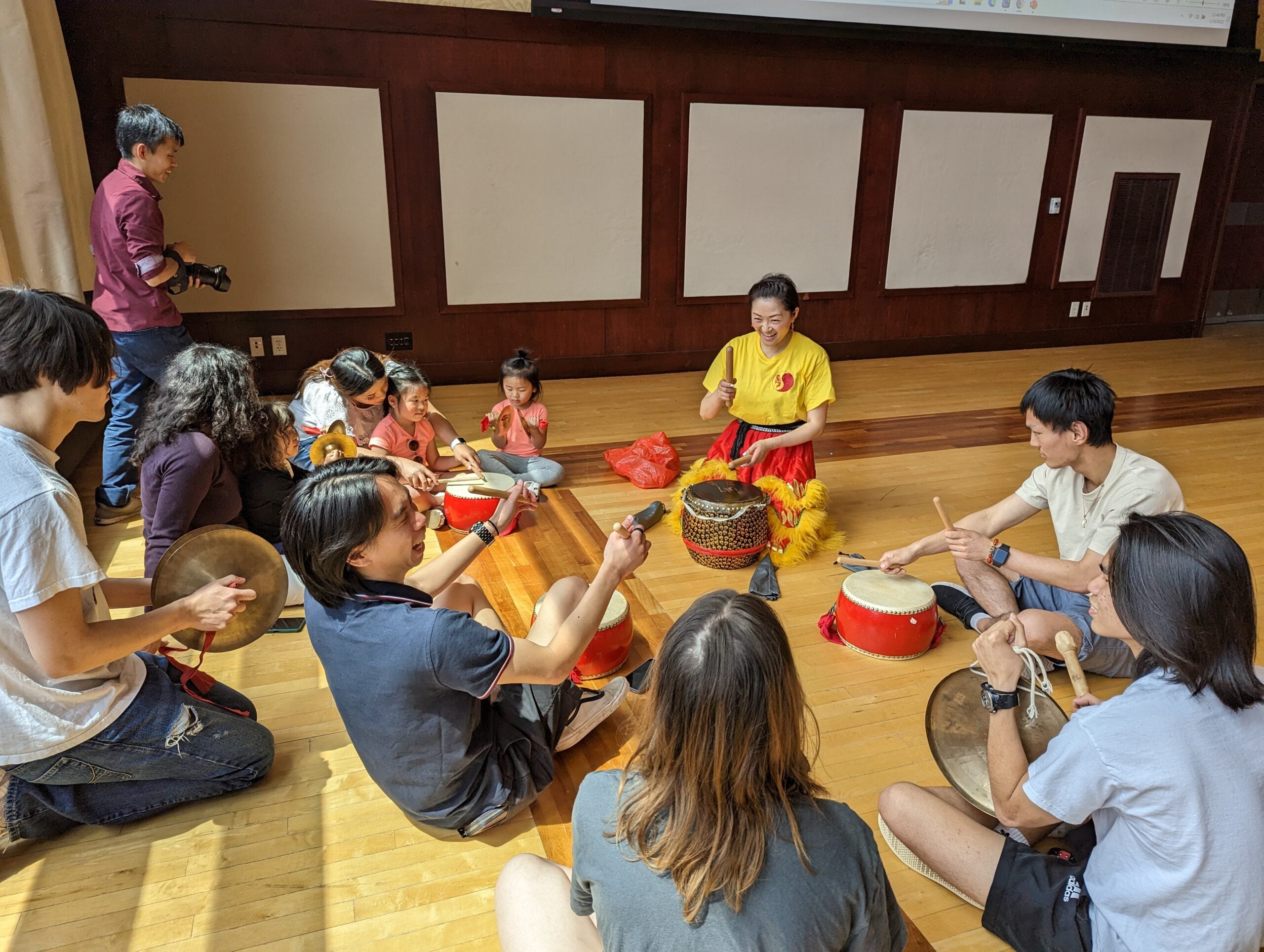Samantha Flores, a University of Wisconsin-Madison junior, never thought she could study abroad.
But this summer, thanks to a program that removes financial barriers from study abroad programs, the Milwaukee native spent three weeks in Botswana.
A friend told her about the UW Global Gateway Initiative, a program that awards donor-funded scholarships to eligible UW-Madison students to participate in three week-long intensive academic and cultural programs in one of three global locations.
News with a little more humanity
WPR’s “Wisconsin Today” newsletter keeps you connected to the state you love without feeling overwhelmed. No paywall. No agenda. No corporate filter.
Another option through the initiative is to receive a fellowship toward a semester or year-long study abroad program.
“(Studying abroad) would have never been something that I thought I could even accomplish or even go on,” Flores told WPR’s “Wisconsin Today.”
During her trip, Flores did coursework on social and global problems. As a business major, she said she was inspired to learn from the perspectives of the UW-Madison sociology and law professors on the trip, as well as other students with different academic goals, like medicine.
During the 2022-23 school year, more than 2,500 UW-Madison students participated in a study abroad program, according to the university’s International Academic Programs annual report for that year.
Study abroad leaders say taking college courses outside the U.S. can give students a great opportunity to meet new people, encounter more diverse cultures and perspectives and learn more about themselves.
“We really see it as an opportunity for growth,” said Dan Gold of UW-Madison’s study abroad office. “When you look at it conceptually, basically it’s just: What can you do that’s not on campus that will help your academic goals?”
But that experience can also come at a high cost, which can deter students from pursuing it.
About 10 years ago, study abroad leaders at UW-Madison launched the Global Gateway Initiative to address this concern. The initiative also offers students a fellowship that helps cover the costs of a semester or year-long study abroad program.
“For the students who think, ‘Study abroad isn’t for me,’ we want them to think, ‘This is a life changing experience. This will benefit me academically, personally, professionally, and I can access it,” Gold said.
“We want every student on campus to have this belief,” he added.
Gold said the initiative began by sending 15 students to Shanghai. Now, the initiative can send about 15 students apiece to one of three locations each summer. Beyond Botswana, another cohort went to Singapore. The third left Wisconsin but stayed in the U.S. by going to Washington, D.C.

Stacy Tran was a returning adult student who came to UW-Madison hoping to maximize every opportunity she could.
“I’ve heard from everyone that, ‘If you can, do study abroad at least once in your life, because it can change your life,’” she said. “And it did for mine.”
Tran’s 2023 trip exploring religious diversity in Singapore helped crystallize her views and aspirations around building community and breaking bread.
“I studied education policy and information science, so religion doesn’t explicitly tie into that,” said Tran, who graduated in May this year. “But what I realized while being (in) Singapore was that so much of our learning was experiential and it could be applied in and out of the classroom.”
In addition to academic work, students in the programs enjoy curated cultural experiences in their respective countries.
Flores recalled a “taste of Botswana” night that included pulled beef and seasoned rice. The night also included learning culturally significant dances with local college students.
“It was a gift that kept on giving,” she said. “It continued to just get better as the night went on.”
Food was also a highlight for Tran, who said she brought back some of the concepts and flavors from Singapore to her home kitchen and pop-up cafe she runs out of her apartment every month.
“First thing that comes to mind is laksa, which is a coconut-based seafood soup with noodles. Beautiful,” Tran said. “I also think of the desserts. With it being so hot and humid, there’s a lot of sweet desserts that are also fruit and ice — chendol is one of them.”
Gold said he hopes to add a Global Gateway Initiative location in Latin America and keep rotating the academic subjects that get featured in each cohort.
He said the growth they see in the students who return each summer continues to be validating.
“What they’ve gone on (to) after graduation just really inspires us at UW-Madison to continue the program and to make it available to even more students,” he said.
Wisconsin Public Radio, © Copyright 2026, Board of Regents of the University of Wisconsin System and Wisconsin Educational Communications Board.







